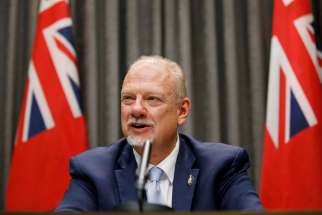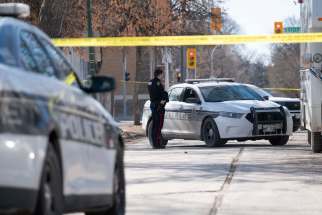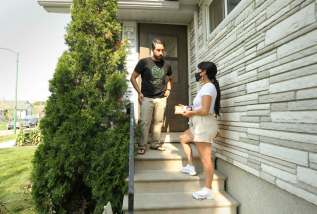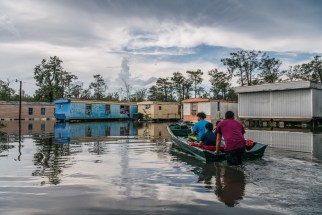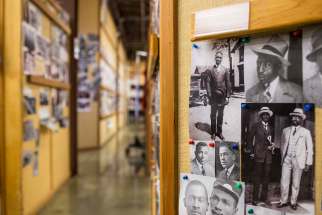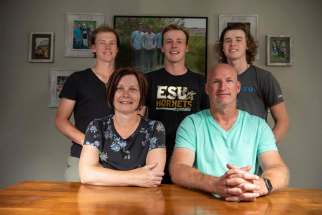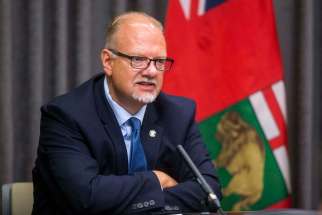Historic number of Indigenous candidates on federal ballot
Read this article for free:
or
Already have an account? Log in here »
To continue reading, please subscribe:
Monthly Digital Subscription
$19 $0 for the first 4 weeks*
- Enjoy unlimited reading on winnipegfreepress.com
- Read the E-Edition, our digital replica newspaper
- Access News Break, our award-winning app
- Play interactive puzzles
*No charge for four weeks then billed as $19 plus GST every four weeks. Offer only available to new and qualified returning subscribers. Cancel any time.
Read unlimited articles for free today:
or
Already have an account? Log in here »
Hey there, time traveller!
This article was published 31/08/2021 (1213 days ago), so information in it may no longer be current.
If the sheer number of candidates is any indication, the NDP and its leader, Jagmeet Singh, are winning the Indigenous vote.
This year’s federal election will feature at least 75 Indigenous candidates, the most in history.
According to information compiled by the Assembly of First Nations and The Canadian Press, the NDP’s slate features the largest number of Indigenous candidates: 29.
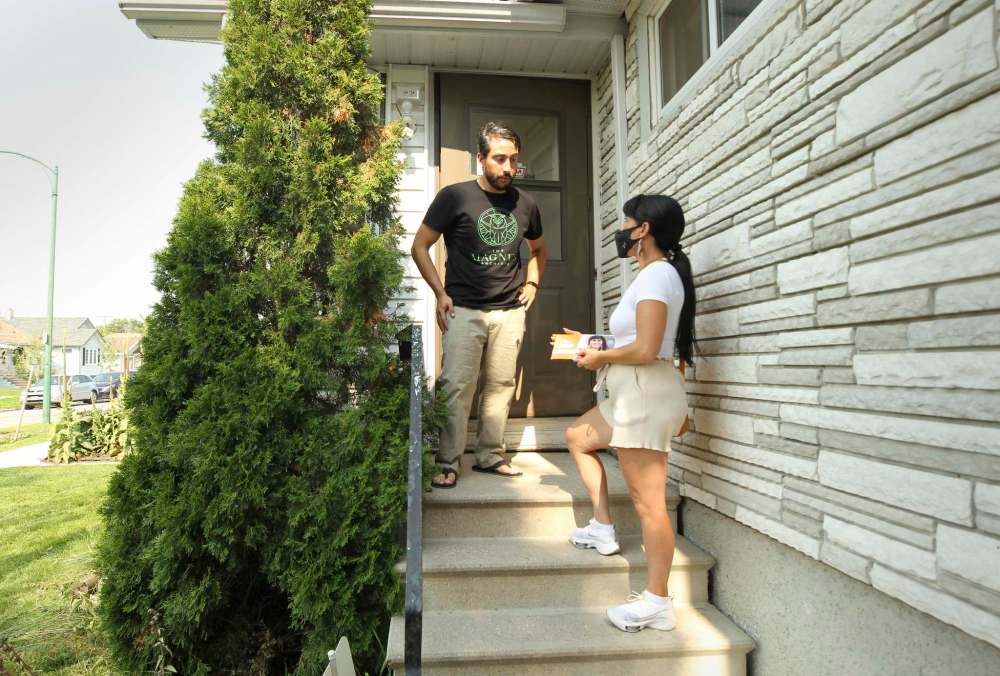
In second place are the Liberals with 25, followed by the the Green party with 11, and the Conservatives with six. The People’s Party of Canada has four.
This tops the previous record of Indigenous federal election candidates — 62 in 2019 — and marks a continued climb since the 2015 campaign (54).
In the past, the few Indigenous candidates ran mostly in proportionately high Indigenous-population areas.
Now they are running all across Canada, from major urban centres to rural southern communities, with some races in Saskatchewan, Quebec, and Newfoundland featuring multiple Indigenous names on the same ballot.
Two sitting chiefs of First Nations communities — Jason Henry of Kettle & Stony Point First Nation and Duke Peltier of Wikwemikong — are running for federal office. If elected Sept. 20, either man would be among the first Indigenous leaders in history to be both a chief and MP at the same time.
According to the AFN, the largest numbers of Indigenous candidates are in Ontario, Saskatchewan, Alberta and B.C.
It’s a virtual tie between self-declared First Nations and Métis candidates (around 35 per cent each), while Inuit make up the remainder (five per cent). The cultural and community affiliations of some Indigenous candidates are not readily available.
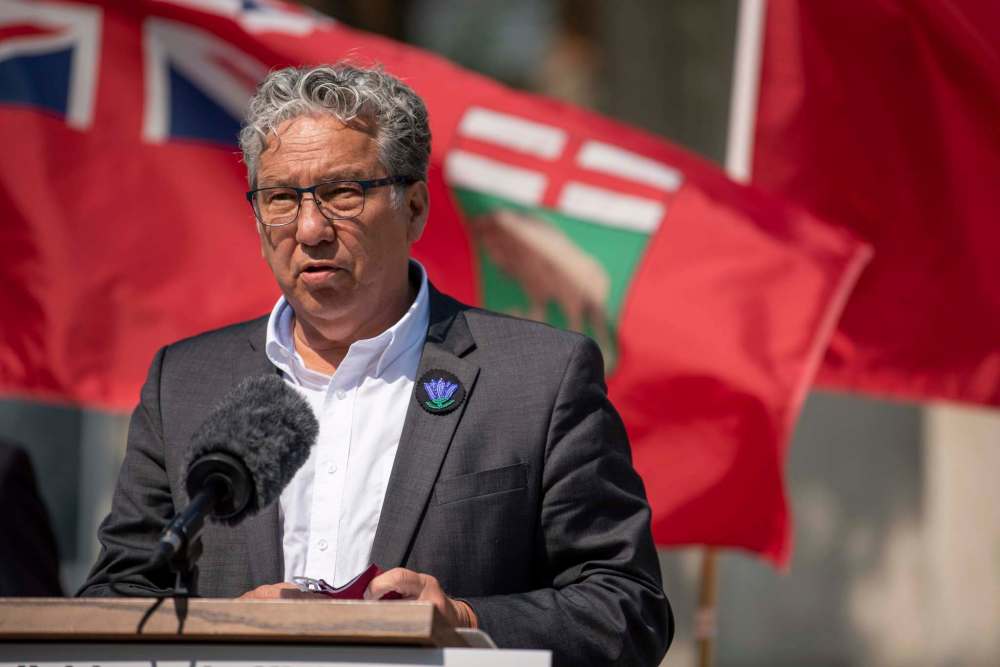
In Manitoba, seven Métis candidates are running: Dan Vandal in Saint Boniface—Saint Vital (Liberal); Madelaine Dwyer in Charleswood—St. James—Assiniboia—Headingley (NDP); Andrew Carrier in Portage-Lisgar (Liberal); Melissa Chung-Mowat in Winnipeg North (NDP); Ralph McLean in Churchill—Keewatinook Aski (Green); Kevin Carlson in Dauphin-Swan River (Liberal); and Rejeanne Caron in Elmwood—Transcona (Conservative).
Two Manitoba federal candidates are First Nations: Leah Gazan in Winnipeg Centre (NDP) and Shirley Robinson in Churchill—Keewatinook Aski (Liberal).
Gazan, alongside Vandal, are not only two of the most vocal and popular Indigenous MPs in Canada but are incumbents running for re-election.
Robinson, meanwhile, was recently endorsed by Assembly of Manitoba Chiefs Grand Chief Arlen Dumas and Manitoba Keewatinowi Okimakanak Grand Chief Garrison Settee to represent Manitoba’s North. She is running against well-known NDP MP Niki Ashton, who has represented the riding for 13 years.
It’s an anomaly to have a grand chief endorse a Canadian political candidate but, occasionally, it happens.
In this case, Dumas and Settee both stated in their endorsement of Robinson they want to see an Indigenous leader represent the North. Critics were quick to point out both recently posted selfies with Liberal Leader Justin Trudeau, and have had open disagreements with Ashton over her handling of the 2018 rail line crisis that cut the town of Churchill off from trade and resources.
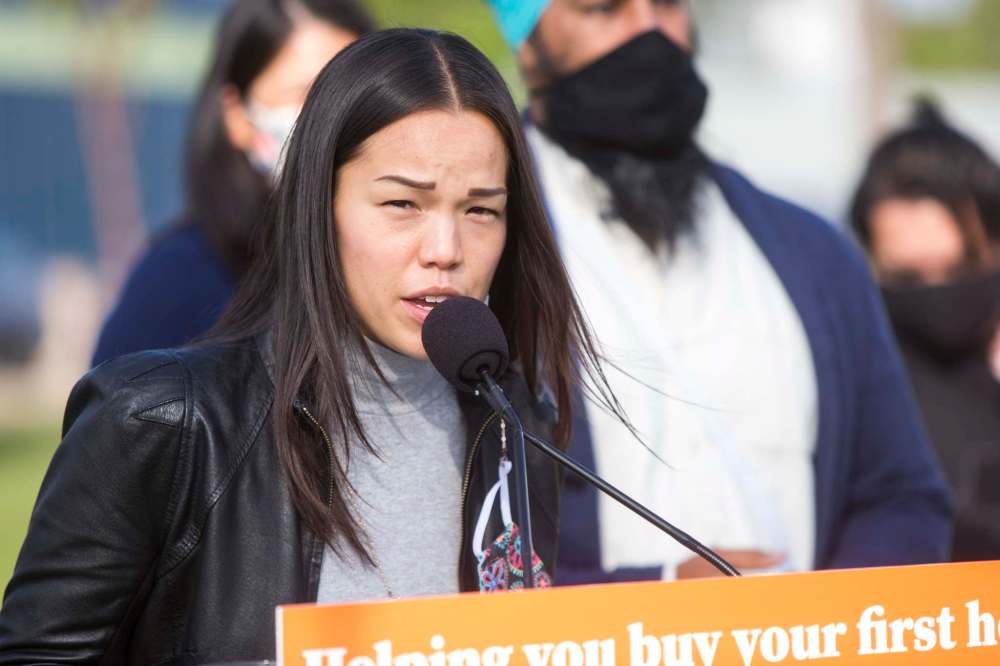
Chiefs endorsing federal election candidates is not a shrewd political move, as most stay neutral due to the fact they will have to work with whomever takes office.
Sometimes, First Nations endorsements of Canadian politics can get quite silly. In 2015, then-AFN national chief Perry Bellegarde endorsed the NDP party platform but not the party.
This time around, AFN National Chief RoseAnne Archibald has said she is endorsing no leader, platform or candidate. She did, however, issue a list of top five policy “requests” for federal parties to include in platforms: truth and reconciliation, climate change, economic growth, respecting First Nations’ jurisdiction, and rebuilding and strengthening First Nations.
The question, as always, is whether Canadians are willing to vote for an Indigenous voice to represent their riding.
Indigenous federal candidates are in a complicated position.
If you voice too much support for Indigenous interests, you are seen as “not Canadian enough.”
If you support too many Canadian interests, Indigenous voters see you as self-interested and co-opted by the state.
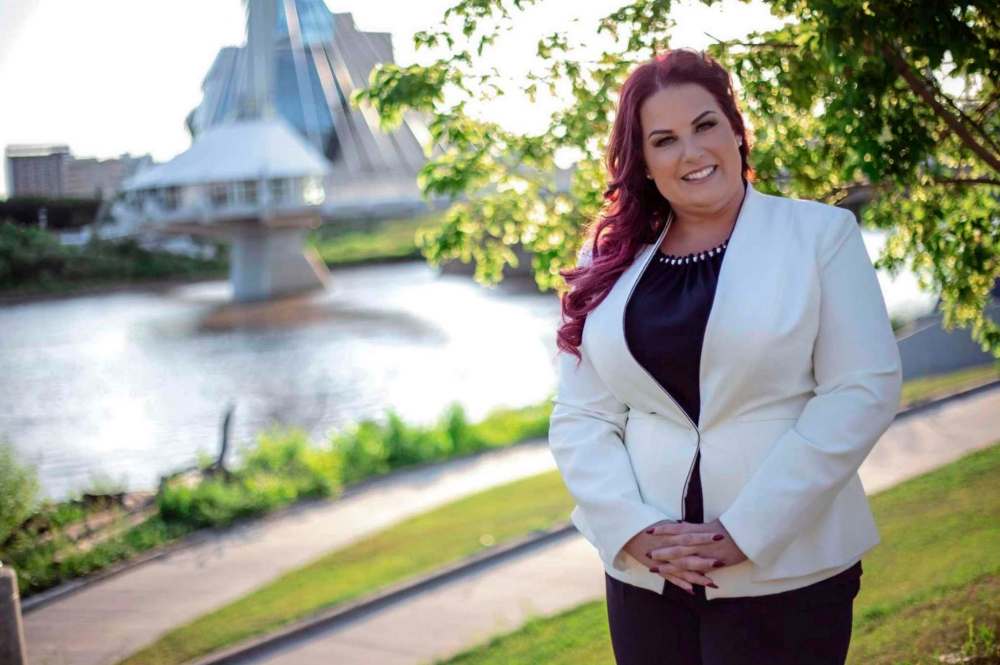
On election night, we will see who will be the next slate of Indigenous voices in Canada’s government, seeking to match or surpass the record 10 such MPs elected in 2019.
niigaan.sinclair@freepress.mb.ca

Niigaan Sinclair
Columnist
Niigaan Sinclair is Anishinaabe and is a columnist at the Winnipeg Free Press.
Our newsroom depends on a growing audience of readers to power our journalism. If you are not a paid reader, please consider becoming a subscriber.
Our newsroom depends on its audience of readers to power our journalism. Thank you for your support.
History
Updated on Wednesday, September 1, 2021 9:36 PM CDT: Updates number of candidates.
Updated on Wednesday, September 1, 2021 10:32 PM CDT: Updates number of candidates.

